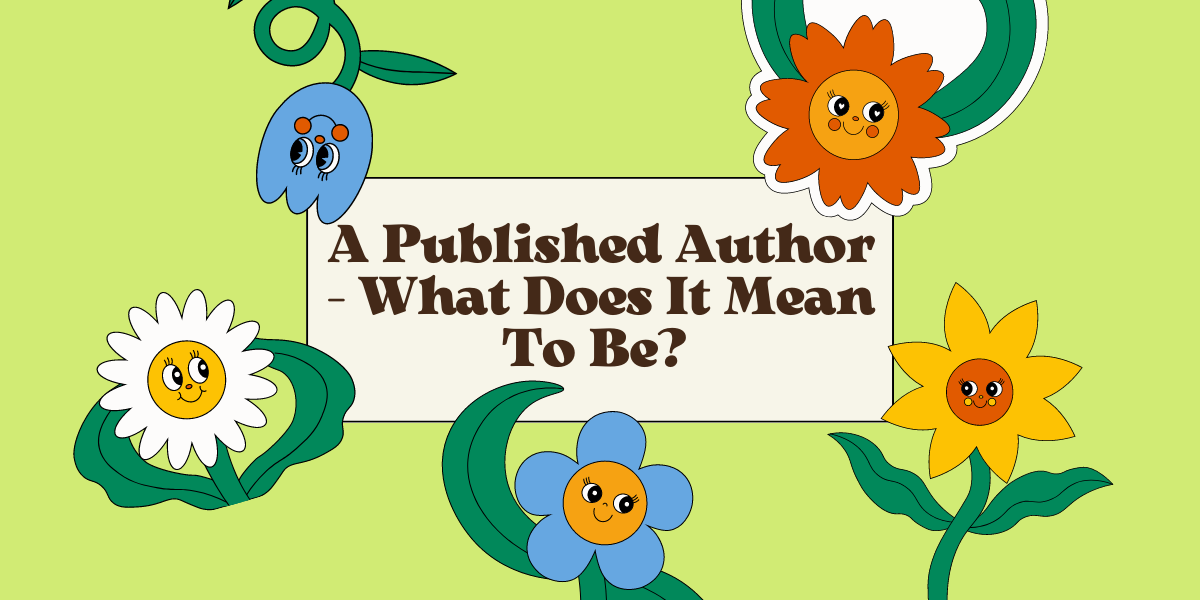Table of Contents
ToggleMany people aspire to write books and publish them in the future.
In fact, you might be one of them.
If that’s the case, you might already have an idea for a topic or have even begun writing your masterpiece.
And don’t worry if you don’t yet have anything planned. Most people interested in a career as an author don’t know where to begin, and some may even believe that getting published is out of their reach.
This article is for you if you want to write books and get them published. In this article, book publishers near me will explain what it means to be a published author. And steps you can take to become one.
What is it like being a published author?
Did you ever submitted a short story in school content?? Or gifted someone a personalized written story or poem?
The definition of a published author may be broader than you may think. Aspiring writers typically think of a published author as someone whose manuscript has been accepted for publication in a book or magazine. However, it’s important to understand that the likelihood that you are already a published author is very high because there are assignable rights to your work.
And nowadays, self-publishing is so big that people will consider you a published author, even if you have never entered a publishing house.
You are now regarded as a published author if you have published a story online. Because some publishers will only accept writing for which first or exclusive rights can be granted, this situation can be perplexing and occasionally frustrating for writers. These rights are no longer available if the work has been published online.
One of the main benefits of web publishing is that it enables you to develop as a writer by allowing readers to read and comment on your work.
How do you get your writing published?
Becoming a published author takes perseverance, professional networking, and luck. Before any of these, a successful author must be dedicated to writing books. Here are some things that you must keep in mind before you begin writing:
1. Know what genre you are going to write under:
Choose the genre or category that best describes your work to start. It can assist you in determining other well-known authors in your genre, potential publishing houses, and the demographic of your target audience.
After you’ve determined the genre of your writing, read a variety of books by other authors who also write in that genre.
This can help you understand the kind of content that publishers in this field are looking for so that you can include important components in your own work.
2. Choose Your Audience
Determine the readers you want to read your book after deciding on the genre. For the purpose of promoting your book, agents and publishers need to be aware of the audience you’re aiming for.
But avoid saying it’s for everyone if you can. Naturally, the thought of who wouldn’t want to read our work is alluring. But in actuality, that way of thinking makes you appear unprofessional.
Even top-rated books are not appealing to everyone. They are written for particular audiences, and even if they spread to other genres, they are now hugely popular with adults.
3. Make the most of your limited writing session:
Make a mental plan for what you want to accomplish during that writing session, or brainstorm ideas before you sit down to write. You can also remind yourself where you left off in the story.
Some authors aim to produce 2,000 words each day. Others don’t care about word counts and prefer alternate reading, outlining, or research days. Setting daily goals is a good idea no matter what you decide. By doing this, you will avoid wasting valuable writing time by staring at a blank page.
4. Take a formal writing course
A writing course might be beneficial on your road to publication if you want to broaden your workshop experience.
Choose from a wide range of courses on subjects like fiction or nonfiction writing, publishing a book, grammar and composition, and more.
You can enroll in a writing course at a community college or university in person or find one online.
At conferences, make connections with other writers. If you want to network with other writers, publishers, and agents, conferences are a huge help. They typically offer educational programs tailored to particular genres. Consider joining a writers’ organization as well.
A writing group is the ideal setting for connecting with other writers and receiving feedback on your work.
5. Brainstorm:
If you’re having trouble coming up with a topic for your book, consider doing some brainstorming based on your areas of interest and expertise, as well as what your target audience would find interesting from you.
You narrow down your ideas to find the best story by defining your interests or areas of expertise.
Researching books similar to the one you want to write in order to understand bestselling themes is another fantastic way to generate ideas.
Simply remember to let your ideas flow without determining whether they are good or bad as you brainstorm.
Once you’ve compiled a list of ideas, review it and think about the audience you want to write your book for. Create a strategy for writing your book that includes gathering the data you’ll need to give it life.
6. Start Writing:
Now that you have the knowledge, resources, experience, and inspiration you require to begin writing your book, it is time to do so.
Review your outline once more, or make one if you don’t have one already. Keep in mind that this is the best way to begin writing your book and ensure that it becomes a bestseller.
7. Release your writing
Following a publisher’s purchase of your manuscript, you can collaborate to start the publishing process. It could entail marketing strategy development, cover art creation, and reformatting your manuscript.
To polish and promote your manuscript, your publisher might ask you to collaborate with editors, graphic designers, marketers, etc.
They might also ask you to participate in book signings or speaking engagements to increase interest in your story and boost sales.
Conclusion:
Writing a book is all it takes to become a published author. You have the ability to make that happen, but it will take commitment and work. Getting published as an author can be more challenging.
You will need to raise enough cash to cover all associated costs if you decide to self-publish the book, which could be difficult. Conversely, if you want to work with a publisher, you’ll need to write a book they like and persuade them it’s a worthwhile project. Depending on the publisher’s requirements, this can also be time-consuming. If you are persistent and make a sincere effort, you will eventually succeed. However, apart from it, you can now publish a book without entering a publishing house.








